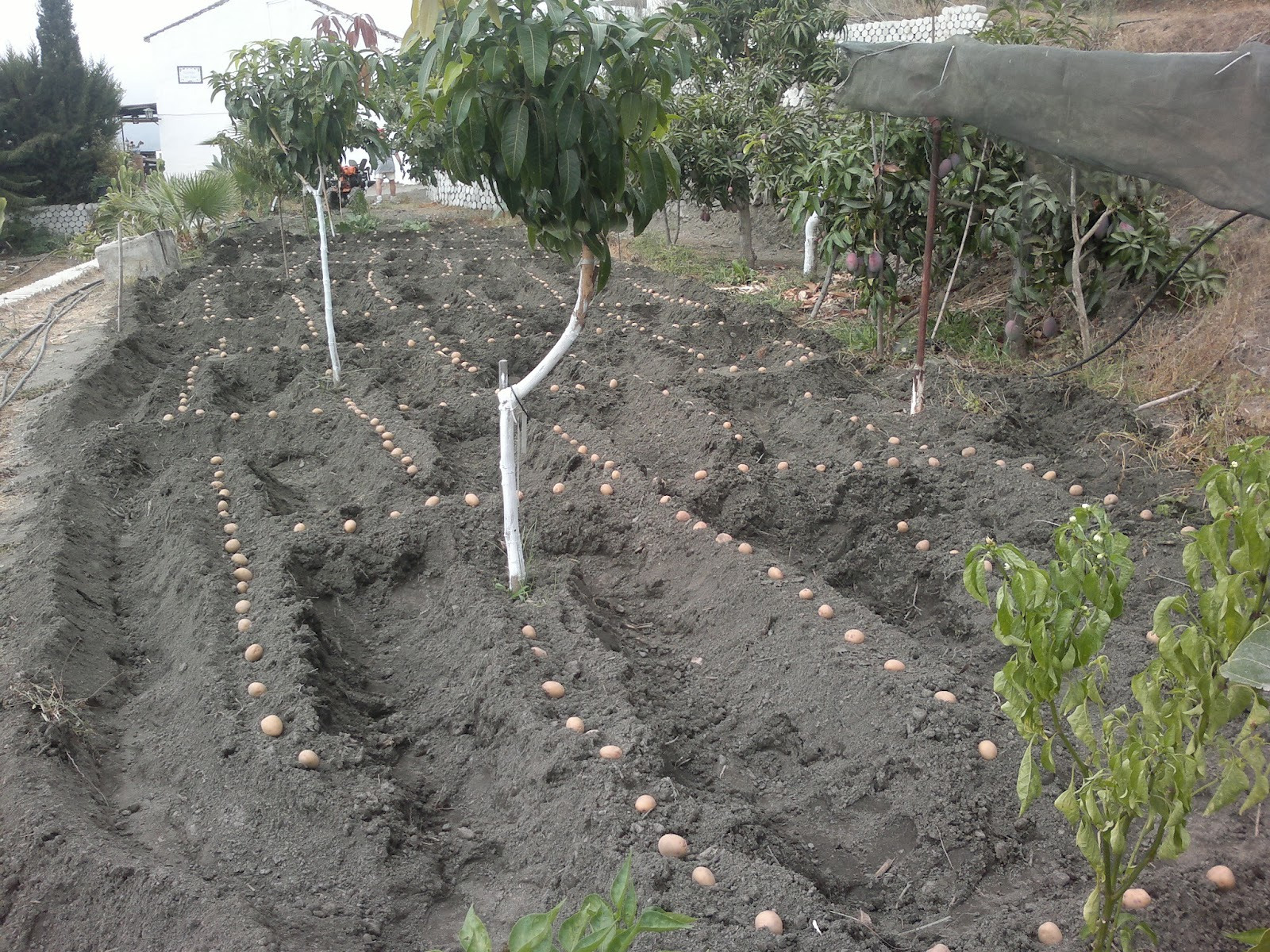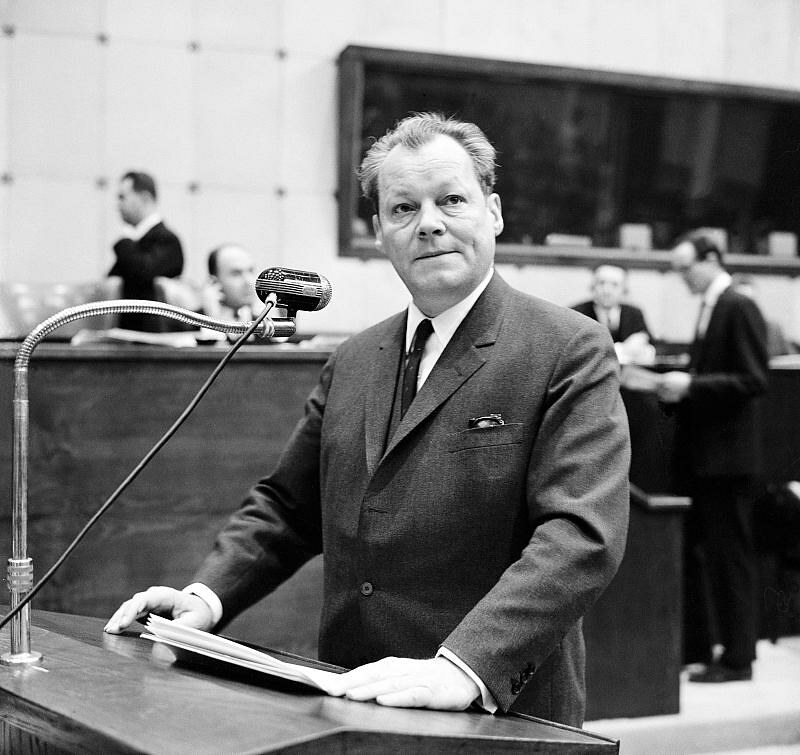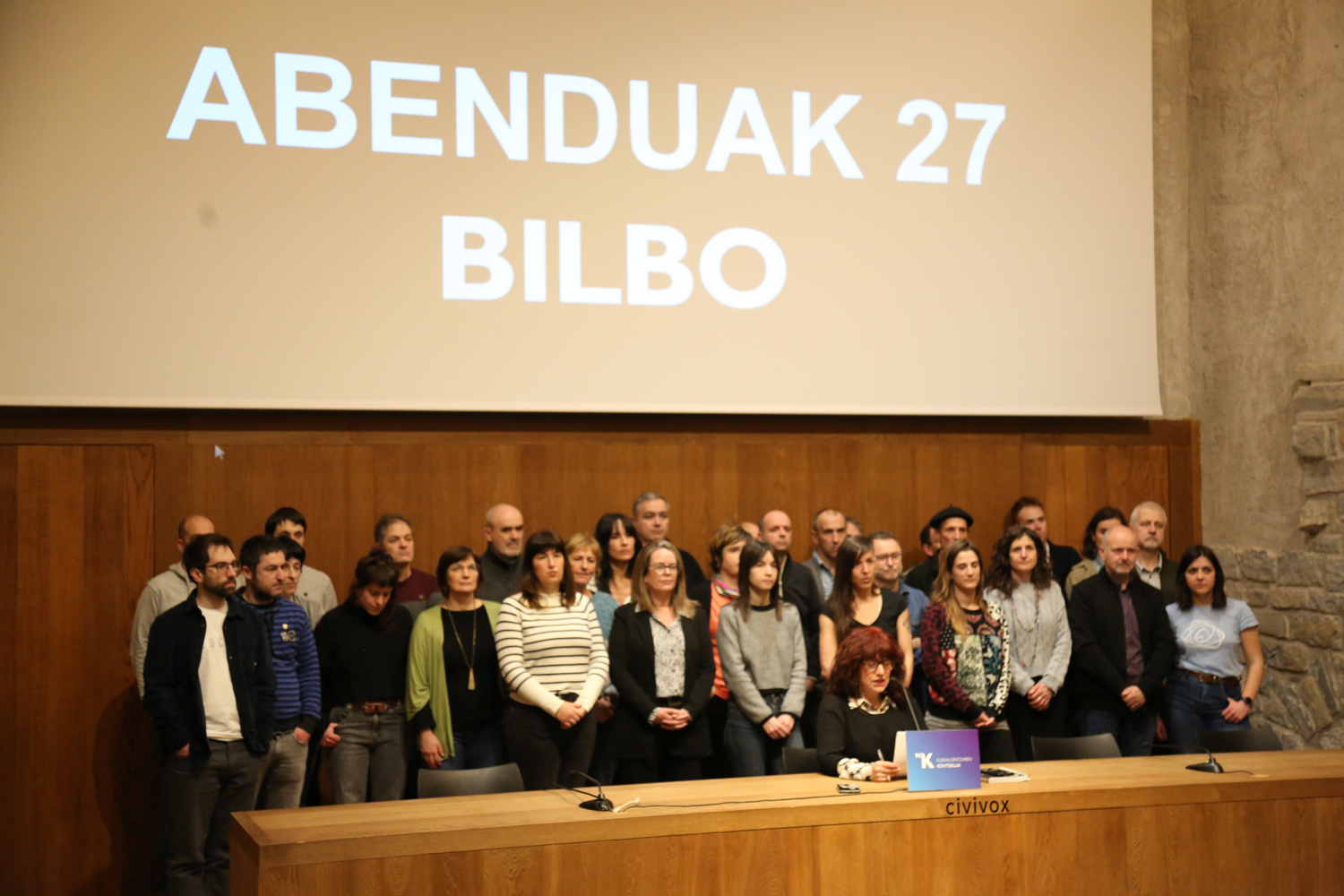Algerian still prevents French soldiers from sleeping
- 50 years of the bloody war in Algeria, with the Evian pact signed by the Government of Paris and the FLN. But wounds, which have not been cured for half a century, are kept drunk. The truths of so much blood and barbarism have not yet come to light. On the contrary, today some French pensioners, soldiers in that war during their twenty years, have taken the first courageous step.
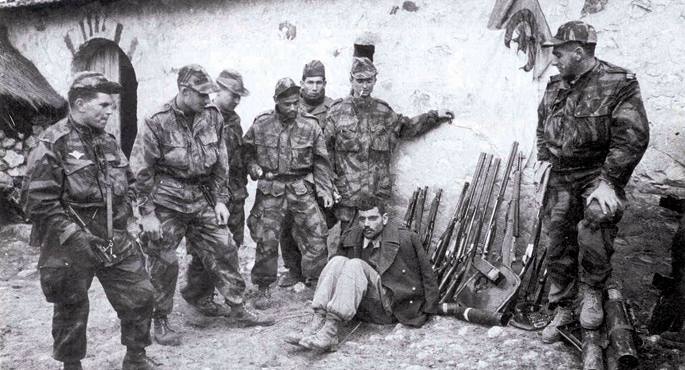
I know I'll have a bad night, but I want to write to you. In our last meeting I had the opportunity to speak like other friends, but I thought ‘I was going to burst’. Also in 2003, at that meeting of the Human Rights League with witnesses on torture, I had work to end my explanations. Today I will summarize here what I said to you...”.
Pierre Rembaud is the author of this work on November 4, 2008. His testimony is at the headquarters of the Association dager des Anciens Appelés in Algerie et leurs Amis Contre la Guerre (4ACG). We call fifths the Hegonian Appelés, who are forcibly wearing soldiers. The association was created in 2004 to remember, reflect, testify and work for peace around the Algerian war.
In addition to the writings, 4ACG also offers video testimonies listening to the 15 minutes of the round table held last March in La Rochelle, hard, courageous, sincere.
But let's go back to Pierre Rembaud's paper. Here are some fragments of those who lived in the villages of Cabilia from September 1956 to July 1958. “It was very hard, but usual in the regiments in struggle: fear of many companions, sweat, tears and blood, death for others. In the first helicopter operation, one comrade was killed by another while cleaning the gun in the center of the village. The dead was, like me, a nobato, from my own region, we had made the whole trip there together. (...) Know these operations of Djebel [mountain], scared to the bones by the night guard... But what has shaken my life the most in these 50 years has been torture. (...) Like my fellow combatants, I also witnessed torture many times. Gégène [shaking the body with electricity, spruce for Latinos], baignoire [bathtub of the Spaniards], entonnoir [drinking water from the funnel], chevalet [potro of the Spaniards], pendaison [hanging]... all of that seems to me seen.
Cries of suffering, pain, ignorance, death... More than once we've been two or three soldiers with a sub-champion putting bodies into the river. The jackals scrambled them quickly... If you fall into such a world at the age of twenty, you will not be the same.
One night, in the torture hut, a sub-filial who is often drunk, a card-carrying gégène who had applied to him before he was hanging from his arms, often began this way. The military stabbed the poor man and died before us. As the officer was there, he ordered a driver to take him to the river... How will you sleep after that?
I've seen the torturers hanging on one arm and one leg. The guard’s executioner (the ‘job’ performed by the lieutenant) asked the prisoner: “Are you going to talk?” And if the guy still had a bit of consciousness, I would say yes. But he fell as soon as he touched the ground, then he would hit him again and he would no longer move.
On other occasions, the order was to go to a village in an operation and collect all its ‘male’ inhabitants to avoid entering the FLN. The Axuanta [as brigade of the Spaniards, in French adjudant] then ordered the dogs to be expelled, the costumes and the pieces of meat of the people to be mixed
together.” Torturing democracy
It was young citizens of democratic and republican France who were committing these and other worst massacres in the Algerian countryside as in the ports of Algeria. They came home and nobody talked about it at home or on the street. At least up to half a century.
Georges Treilhou, today a retired farmer, was a soldier in Algeria between 1956 and 1958. I had serious concerns. He had been awarded a medal for his worth in the war battles and had thrown it into the trash bin. You don't risk for the homeland, you risk for your peers. It is nothing more than controlling the fear of oneself, he said last March at the La Rochelle plenary, with humility. This was not the most important thing: the most repugnant of the soldiers who starved the prisoners, the prisoners' one was serious and worth mentioning.
Unable to withstand his looks, he told the chaplain to castrate his impatience. The priest found in the Bible the answer: “Barbaric people, barbaric methods.” Georges's faith suffered no less from it. “When I returned, I told the people’s cure the savages I had committed in Algeria. She said, ‘No innocent people are condemned in Algeria.’ But what did he know about Algeria? Since then, I have not talked to anyone, my wife, or my children.”
The remaining soldiers also kept silent for a long time. Bernard Gerland also told neither his family, nor the union, nor the group of the people of the Communist Party. Until he saw the film of Bertrand Tavernier and Patrick Rotman La guerre sans nom (La guerra sin nombre, 1992). “The film confronted me: And what have I done? I told it to a party colleague, a tough militant. I asked him if he had also made war in Algeria. I didn't want to talk. He asked me again and began to cry.”
In 2003, Gerland published Ma guerre in Algerie, in which a prisoner who wanted to pay tribute to a theater was murdered. “I didn’t want to go to Algeria, I thought we didn’t have to go there. But I was fired and I made war. There I studied to be a petty officer. I have worked seriously, I have worked, I have been well valued. But all of a sudden that execution came...” It was a dirty work, night and cold blood, on the orders of his superiors, that he did not want to put his feet in the colony.
What matters to Gerland today is to understand what that process is that makes a man a barbarian. And what compelled him to remain silent for so many years?
Simone, the widow of General Jacques Pâris de Bollardière, is the president of the 4ACG association working on the memory of the Algerian war. Bollardière was the only military leader in Algeria who denounced the torture of the troops. He was arrested and degraded. Although the amnionies have then covered all other responsibilities, France has not rehabilitated Bollardière. Home dissidents are always the last on forgiveness lists.
Pasa den asteko "kaleratze ilegala" salatu dute hainbat herritarrek, ostiral arratsaldean.
Manifestazio jendetsu batek herriko kaleak zeharkatu ditu, Poliziaren gehiegizko dispositibo batek zainduta, gazteek kudeatutako guneen defentsan eta Gaztetxeak erasoen aurrean defendatzeko. Manifestazioaren amaieran, publiko egin dute iragarpena.
Historia errepikatzen dela idatzi zuen Marxek, “lehenik tragedia gisa, gero fartsa moduan”. Armagintzaren eta militarismoaren inguruan errepikapen hutsa ez, espiralean goraka doan buklea ari gara bizitzen, fartsatik asko duena, eta tragedian amaitzeko gero eta aukera... [+]
Astelehen honetan hasita, astebetez, Jon Miranderen obra izango dute aztergai: besteren artean, Mirande nor zen argitzeaz eta errepasatzeaz gain, bere figurarekin zer egin hausnartuko dute, polemikoak baitira bere hainbat adierazpen eta testu.
Udaberrian orain dela egun gutxi sartu gara eta intxaurrondoa dut maisu. Lasai sentitzen dut, konfiantzaz, bere prozesuan, ziklo berria hasten. Plan eta ohitura berriak hartu ditut apirilean, sasoitu naiz, bizitzan proiektu berriei heltzeko konfiantzaz, indarrez, sormen eta... [+]
Itsasoan badira landareen itxura izan arren animalia harrapari diren izaki eder batzuk: anemonak. Kantauri itsasoan hainbat anemona espezie ditugun arren, bada bat, guztien artean bereziki erraz atzemateko aukera eskaintzen diguna: itsas-tomatea.
Ohe beroan edo hotzean egiten da hobeto lo? Nik zalantzarik ez daukat: hotzean. Landare jaioberriek bero punttu bat nahiago dute, ordea. Udaberriko ekinozio garai hau aproposa da udako eta udazkeneko mokadu goxoak emango dizkiguten landareen haziak ereiteko.
Duela lau urte abiatu zuten Azpeitian Enkarguk proiektua, Udalaren, Urkome Landa Garapen Elkartearen eta Azpeitiako eta Gipuzkoako merkatari txikien elkarteen artean. “Orain proiektua bigarren fasera eraman dugu, eta Azkoitian sortu dugu antzeko egitasmoa, bere izenarekin:... [+]
Azken aldian, asteburuetan, Internet ez dabil ondo. Hasieran, zaila zen webguneei ezarritako blokeoen zergatia ulertzea; orain, badakigu Espainiako La Ligak agindu zituela, futbola modu ilegalean emititzea saihesteko. La Ligaren blokeoak euskal domeinuei eragiten dien... [+]
Bilbon eginiko aurkezpenean iragarri dute ekitaldia, euskarari "arnas berri bat emateko eta behar duen indarraldia gorpuzten hasteko" lehen urratsa izango dela nabarmenduta. Euskaltzale guztiei, baina, oro har, "justizia sozialean eta gizarte kohesioan aurre... [+]
Aljeriatik datoz Mohamed eta Said [izenak asmatuak dira], herri beretik. “Txiki-txikitatik ezagutzen dugu elkar, eskolatik”. Ibilbide ezberdinak egin arren, egun, elkarrekin bizi dira Donostian, kale egoeran. Manteoko etxoletan bizi ziren, joan den astean Poliziak... [+]
Olatz Salvador
Noiz: martxoaren 15ean.
Non: Deustuko jaietan.
------------------------------------------------
Martxoak beti du deustuarrontzat kolore berezia; urtero ospatzen ditugu jaiak, San Jose egunaren bueltan. Bi asteburu bete festa, eta urtetik urtera Deustuko... [+]











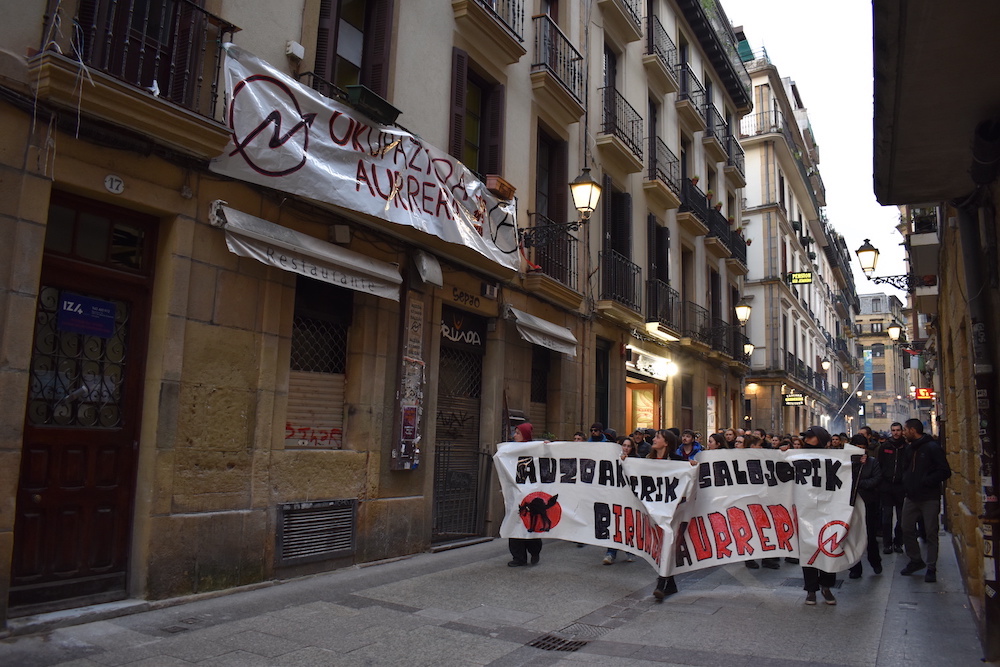
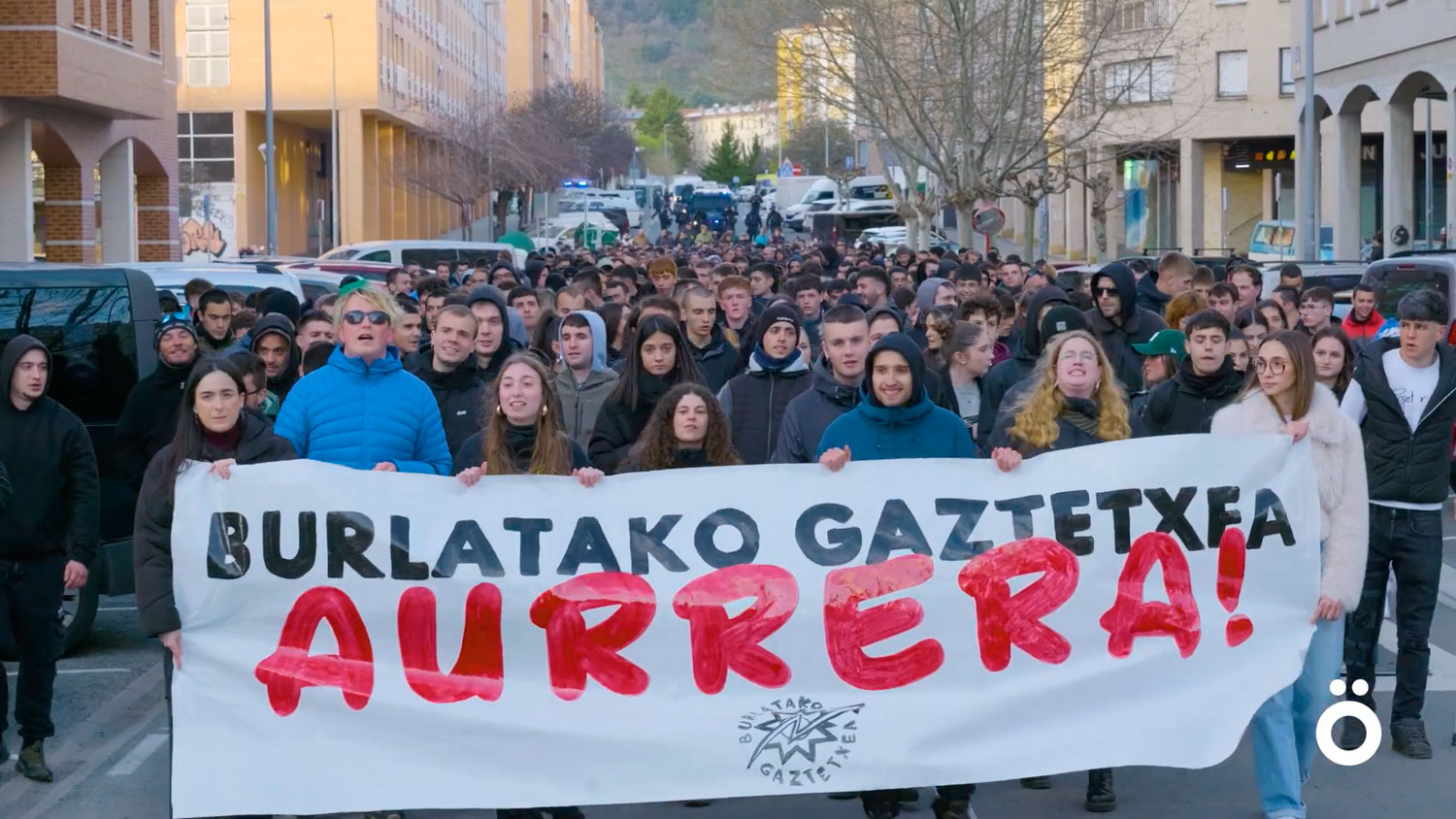
.jpg)


